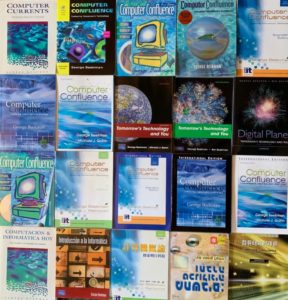 After ten editions and multiple translations, Digital Planet is now officially out of print. We’re deeply grateful to all of you who joined us as we rode the waves from Computer Currents to Digital Planet.
After ten editions and multiple translations, Digital Planet is now officially out of print. We’re deeply grateful to all of you who joined us as we rode the waves from Computer Currents to Digital Planet.
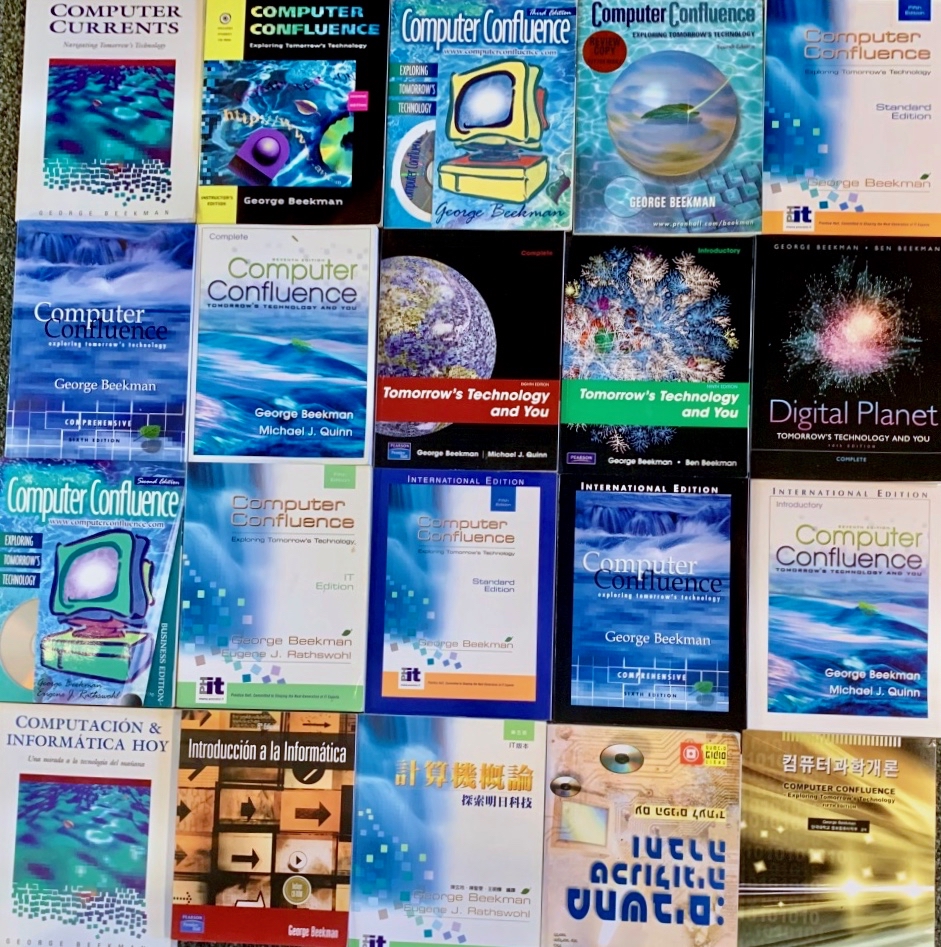

 After ten editions and multiple translations, Digital Planet is now officially out of print. We’re deeply grateful to all of you who joined us as we rode the waves from Computer Currents to Digital Planet.
After ten editions and multiple translations, Digital Planet is now officially out of print. We’re deeply grateful to all of you who joined us as we rode the waves from Computer Currents to Digital Planet.
The robots are coming, and they’re coming fast. In this fascinating Fresh Air interview, tech writer John Markoff talks about several ways that intelligent machines are likely to profoundly change our lives over the next few years. From self-driving cars to peopleless warehouses, intelligent machines will play major roles in shaping our world. He makes a critical distinction between artificial intelligence (AI) and intelligence augmentation (IA), two schools of research that take radically different approaches to the relationship between humans and machines. As a bonus, the interview ends with what is probably the funniest robot song ever recorded.
npr.org/sections/alltechconsidered/2015/08/20/433000643/how-close-are-we-really-to-a-robot-run-society
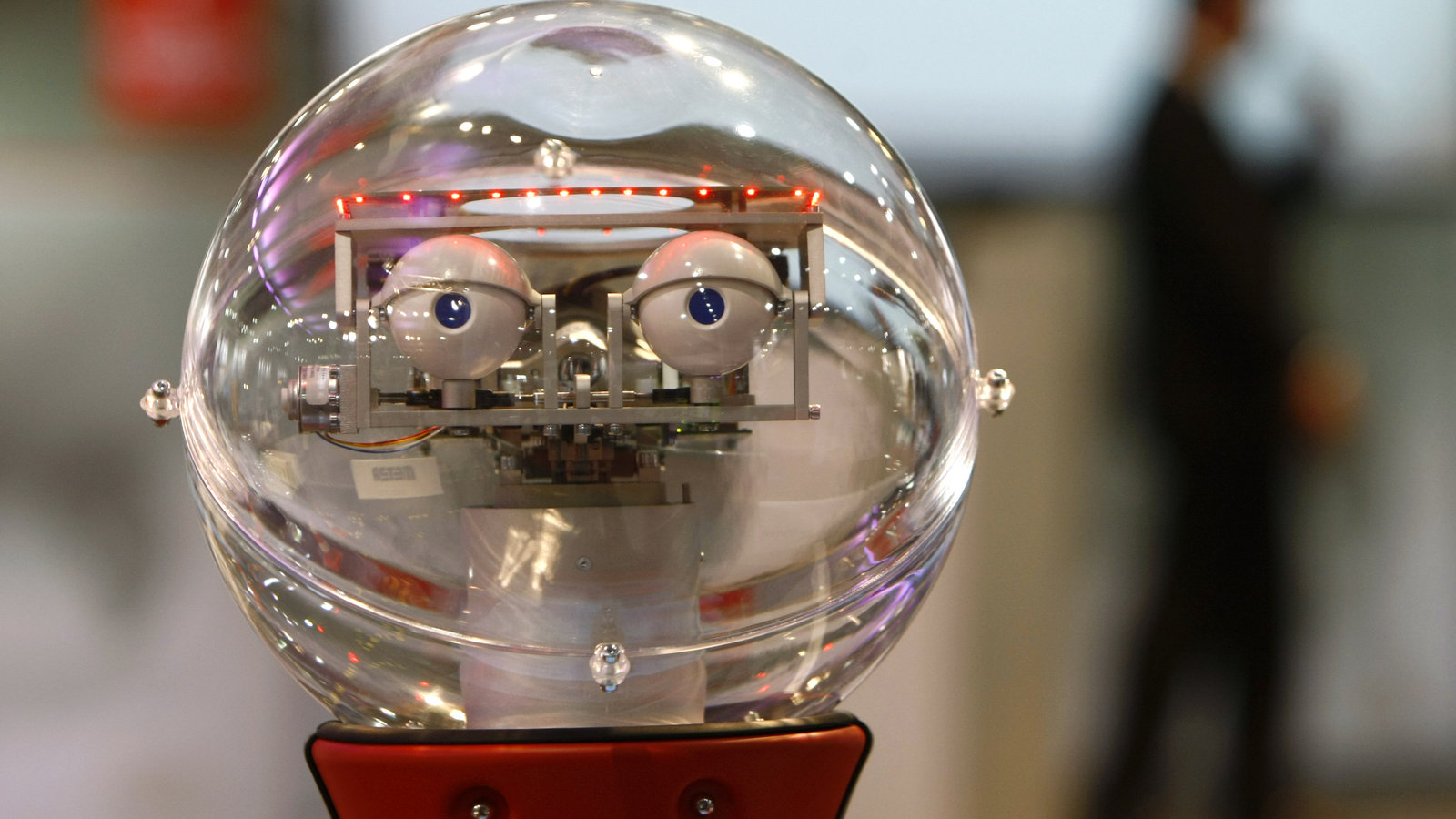
More jobs every day are being automated—done by machines rather than humans. In this thought-provoking Fresh Air interview, Silicon Valley executive Martin Ford says that all kinds of jobs—even many that we assume are machine-proof—are threatened by advances in hardware and software. The implications for our economy and our society are far-reaching.
http://www.npr.org/sections/alltechconsidered/2015/05/18/407648886/attention-white-collar-workers-the-robots-are-coming-for-your-jobs
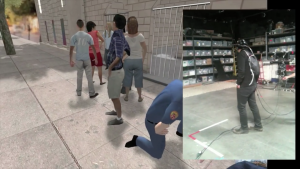
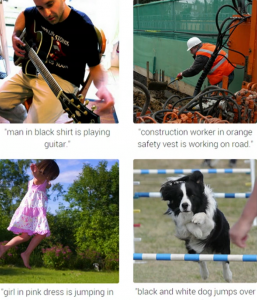 For decades researchers have experimented with machine learning—software that can improve with experience without being reprogrammed. That research has paid off in a number of applications, including the intelligent search engines that we use every day. But recent breakthroughs in a field called deep learning are likely to bring radical transformations to our lives very soon. This TED Talk by Jeremy Howard explains the technology and touches on a few applications and implications. Spoiler: there’s good news and bad news….
For decades researchers have experimented with machine learning—software that can improve with experience without being reprogrammed. That research has paid off in a number of applications, including the intelligent search engines that we use every day. But recent breakthroughs in a field called deep learning are likely to bring radical transformations to our lives very soon. This TED Talk by Jeremy Howard explains the technology and touches on a few applications and implications. Spoiler: there’s good news and bad news….
[ted id=2155 lang=en]
 The Internet makes it possible for people to collaborate on a massive scale, working together to accomplish tasks that might otherwise be impossible. The world of online collaboration is changing rapidly—and changing our lives in the process. Many TED talks and NPR podcasts have helped us to understand the applications and implications of collaborative technology. In this fascinating radio program, TED and NPR collaborate to explore collaboration by combining excerpts from several TED talks with interviews and commentary.
The Internet makes it possible for people to collaborate on a massive scale, working together to accomplish tasks that might otherwise be impossible. The world of online collaboration is changing rapidly—and changing our lives in the process. Many TED talks and NPR podcasts have helped us to understand the applications and implications of collaborative technology. In this fascinating radio program, TED and NPR collaborate to explore collaboration by combining excerpts from several TED talks with interviews and commentary.
www.npr.org/2013/07/13/197986218/why-we-collaborate
A few short decades ago the Surui tribe lived a stone-age lifestyle in the heart of the Brazilian Amazon. Encroachment of modern civilization into their forest threatened their home—and their very existence. But today the tribe is using digital technology to help preserve the rainforest, the people that live there, and the health of our shared planet. This unlikely story is described in this NPR piece and the accompanying YouTube video.
npr.org/2013/03/28/175580980/from-the-stone-age-to-the-digital-age-in-one-big-leap
We’ve heard about how 3D printers can be used to manufacture toys, small machine parts, and even some prosthetic devices for human bodies. But as applications emerge, so do some difficult questions.
NPR’s Radiolab is radio at its best—entertaining, informative, provocative. This episode will change the way you think about time and speed. One segment reveals the surprising truth about the relative speeds of the human nervous system and the Internet, and the a critical role of speed in today’s computer-controlled financial marketplace.
radiolab.org/2013/feb/05
If you don’t understand how the stock market works, you’re not alone. The market has developed a digital mind of its own, and in many ways it’s beyond human comprehension. The blog that accompanies that story includes some dazzling animated visualizations.